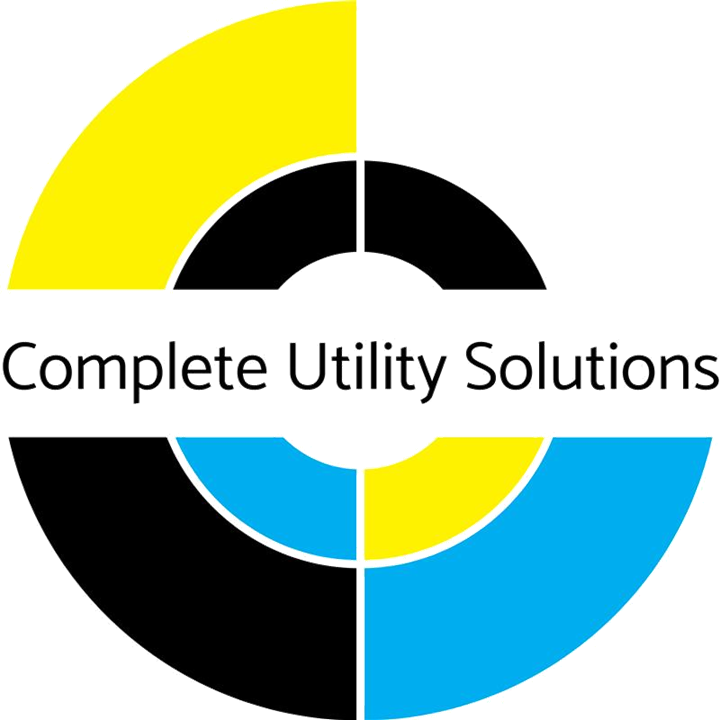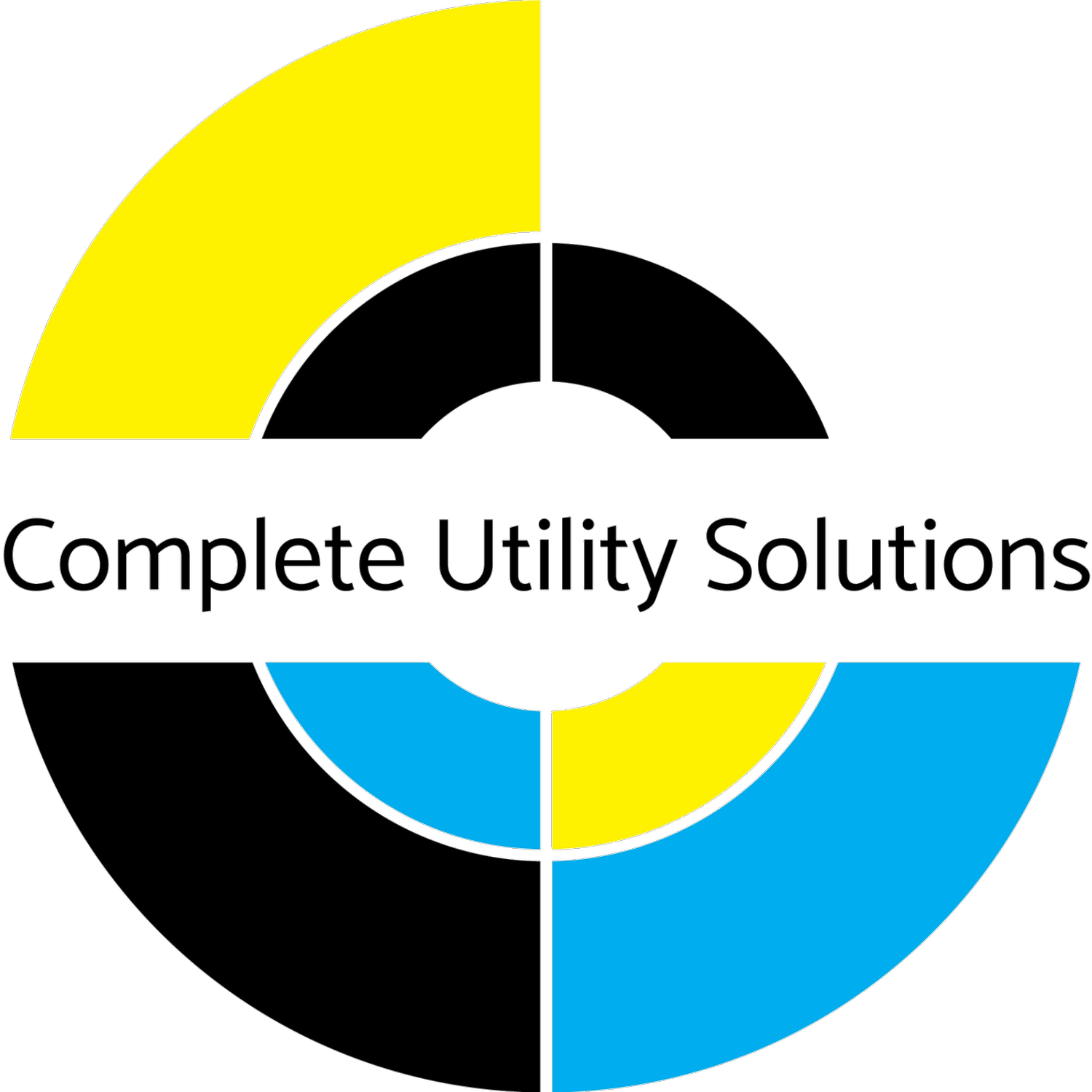FACTORS AFFECTING THE COST OF COMMERCIAL ELECTRICITY CONNECTIONS
From project to project the cost of connections will differ. However, it’s not always the same factors that affect all jobs and surprisingly, size isn’t the biggest factor a lot of the time.
The first thing to consider when looking at electricity connections is the distance to the nearest approved power source to your project. Not only does the distance between the connection create a cost wall, it also risks prolonging projects due to extra work having to be mapped out and planned - as well as obtaining permission from local councils. Under this is also the materials cost, for extra cable, poles and other equipment.
Often, roadworks will need to be completed adjacent to the site, alternatively, it can be a few miles away to the nearest suitable power source. Working with a utility company that has the best technology for mapping and planning the connection route is crucial, they will also know which network operator to contact. Without these considerations, it can mean a generator will be installed, which is more time-consuming and costly.
Often on new builds, the utility network infrastructure needs to be expanded to allow higher load capacity. This need not be a scary factor, but one that definitely can’t be overlooked. Expanding the network can be difficult and result in the reinforcement of the existing network. Anticipating the load required for your project by assessing the project needs, properties and end users can save time and money in the future.
In addition, on commercial new builds, thought needs to go into metering on designs and plans, bringing in a utility company in the early stages can help you plan where the meter can be positioned. In a large-scale project, an area is usually dedicated to electrical meters and their relations.
For different areas of Britain, there are different electricity network owners. Because of this, there are several policies and terms of conditions that need to be applied not just to the planning, but also to the cost structure. It’s important to remember that time spent on any part of a project, is also money spent. It is beneficial to read the terms and policies, not just for contractual and legal reasons, but also to prepare you and your team for future changes in the area of work.
A great combat to all these factors is to get involved in the utility process as soon as planning permission is granted. At Complete Utility Solutions, we can consult on designs, plans and future considerations from the pre-tender stage and onward. We are happy to meet in person with clients to aid with our technical knowledge and industry experience and regularly go to the site to ensure developer vision is translated to the works.
Only Lloyds Register accredited companies should be approached to guarantee qualified advice is given.
To enquire with us about commercial electricity connections, email us here. Alternatively, read more about the services we offer here.


